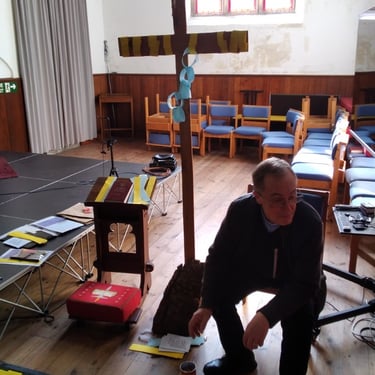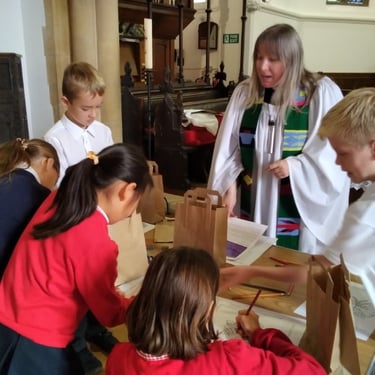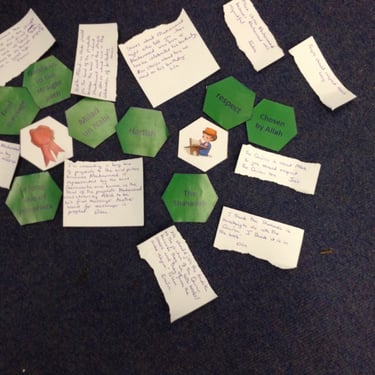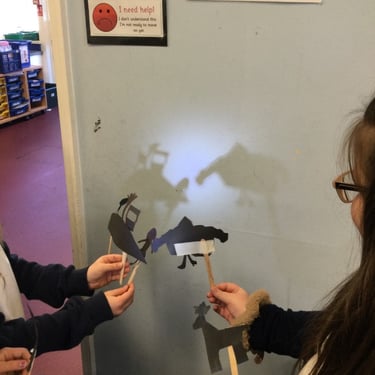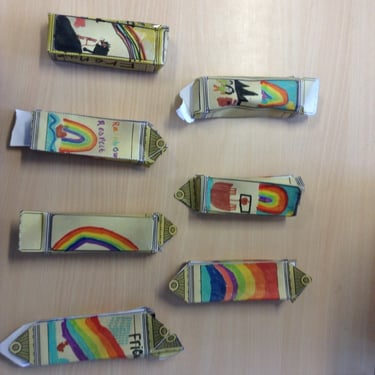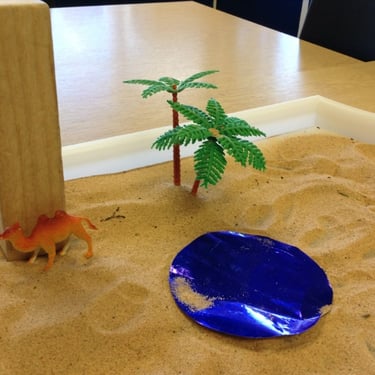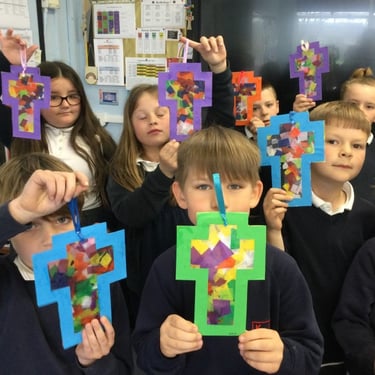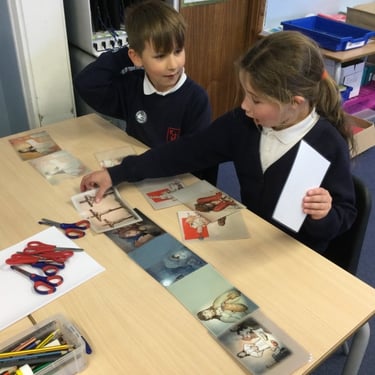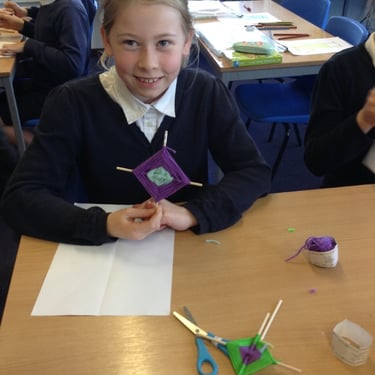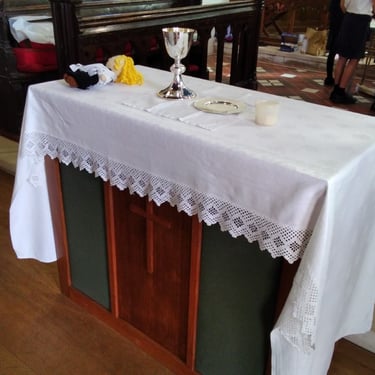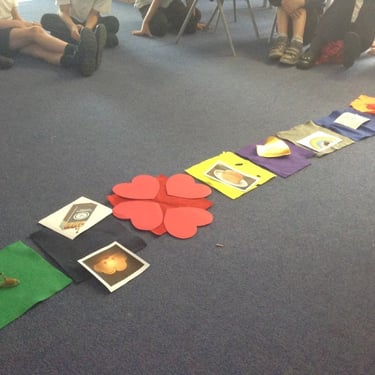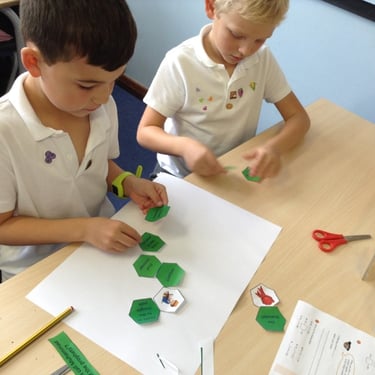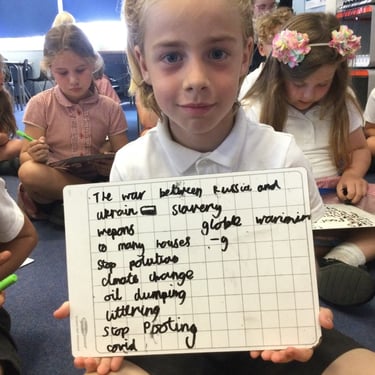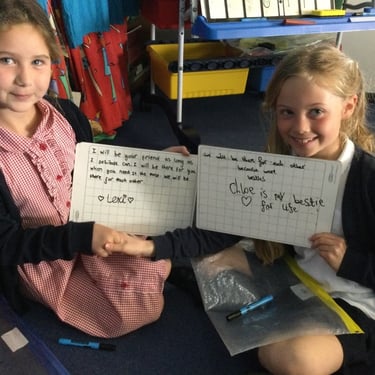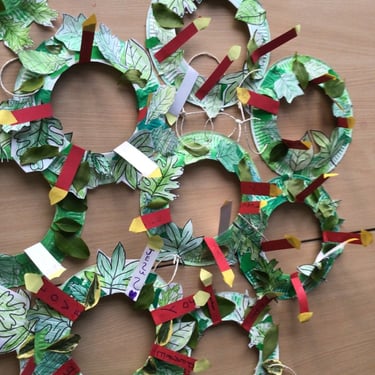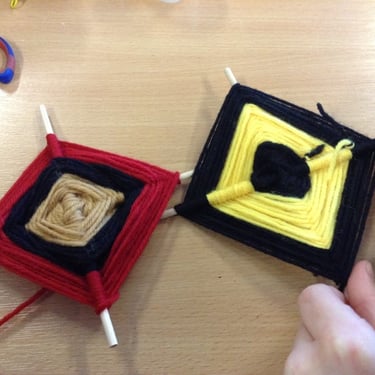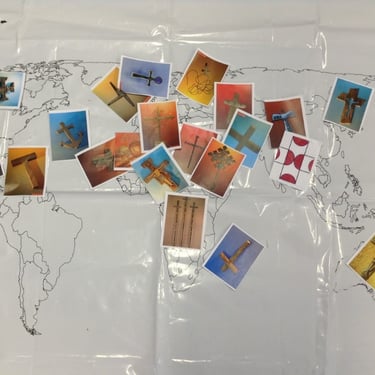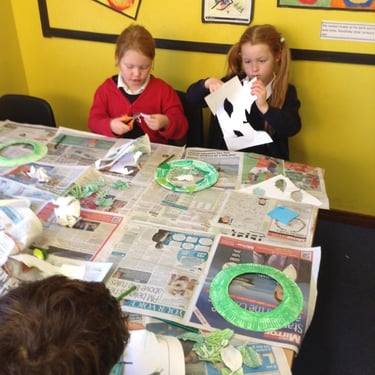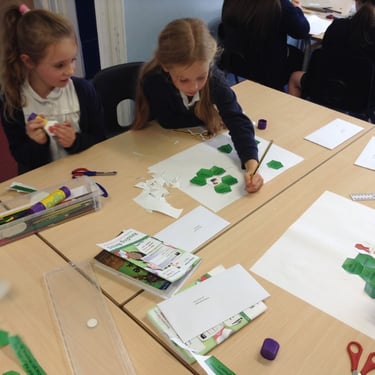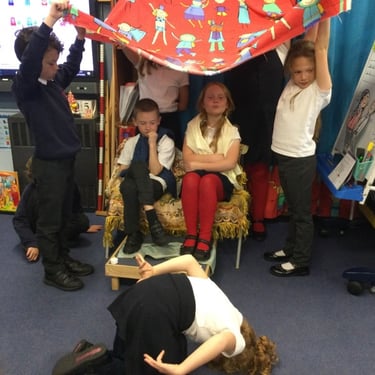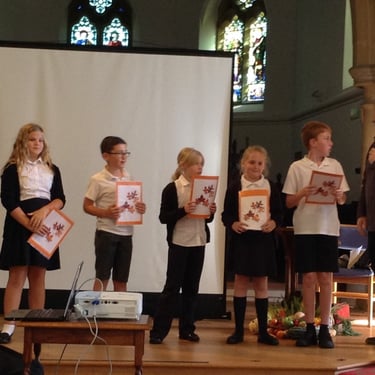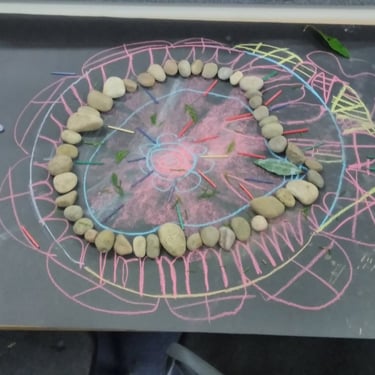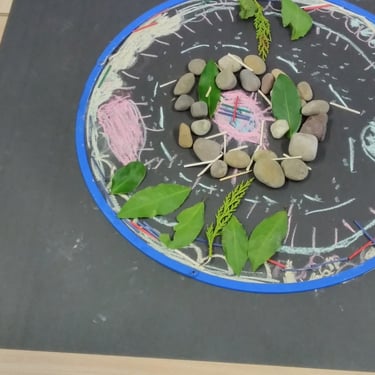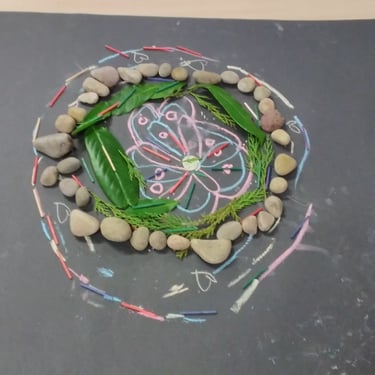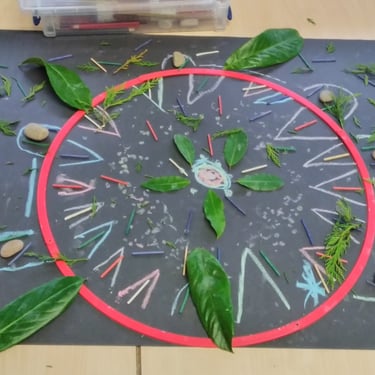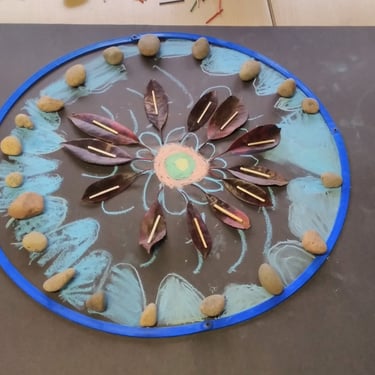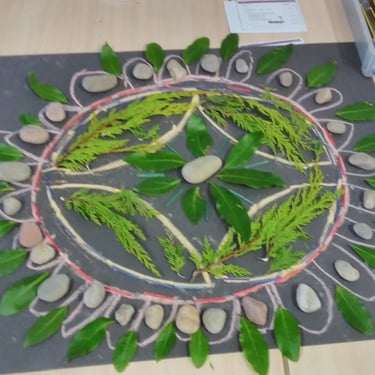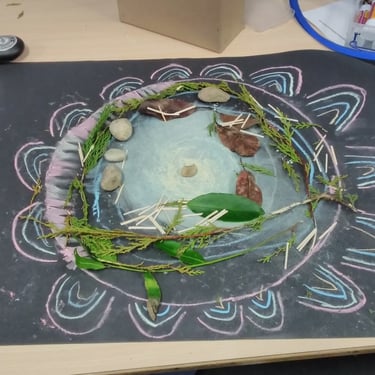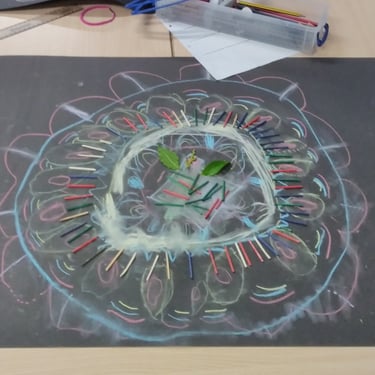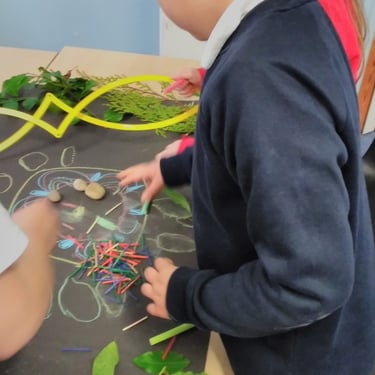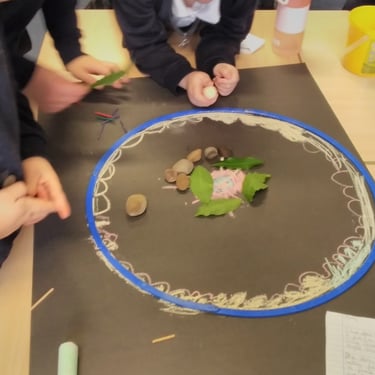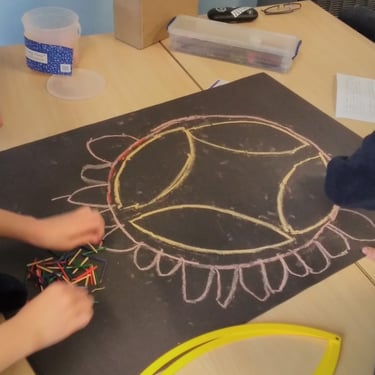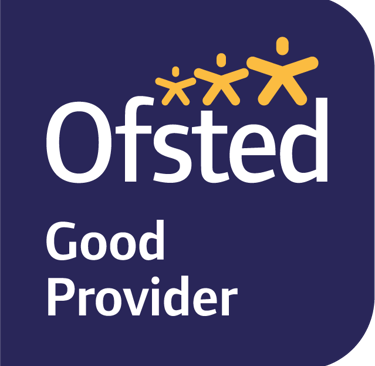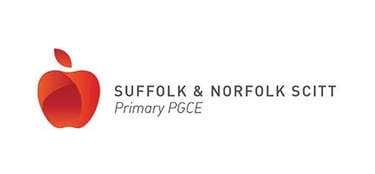RELIGIONS and WORLDVIEWS
Religions and Worldviews education supports the values of the school curriculum through actively promoting the values of truth, justice, and respect for all and care of the environment. It places specific emphasis on pupils valuing themselves and others, on the role of the family and the community in religious belief and activity, on the celebration of diversity in society through understanding similarities and differences, and on human stewardship of the earth. Religious education also recognizes the changing nature of society, including changes in religious practice and expression and the influence of religion, in the local, national and global community. Under current regulations, pupils are required to meet daily for collective worship. This may not be as a whole school. In collective worship we discuss, think about and celebrate our beliefs and values.
Intent, Implementation and Impact Overview. (For the full document, see the link below)
Intent
It is important to us that our students learn more about the wider world they are part of. We want our children to become respectful citizens, able to take their part in a diverse world: growing in friendships with, and working successfully alongside, those of other religious and cultural beliefs and practices. We want to teach Religions and Worldviews education that engages, challenges, encourages and inspires our pupils.
The intent of our Religions and Worldviews curriculum is to deliver a curriculum which:
is accessible to all
will maximise the outcomes for every child so that they know more, remember more and understand more
enables pupils to find out what people believe and what difference this makes to how they live, so that they can make sense of religion
enables pupils to become independent and responsible members of a society who understand and explore big questions about life
allows pupils to reflect on their own ideas and ways of living.
In so doing, the curriculum at Kingsfleet should:
positively shape pupil’s learning experiences and values
be rooted in the skills and knowledge that children need to succeed
be well planned and sequenced and reflect the school’s local context by addressing gaps in knowledge and skills.
Implementation
Kingsfleet follows the Programme of Study for Religions and Worldviews as suggested in the Suffolk Agreed Syllabus and has a scheme of work that reflects this for each Key Stage. We use the Emmanuel units to deliver concept-based teaching through an enquiry approach.
In terms of religion or worldview studied, we focus on:
EYFS – Christianity (and encounter stories from Islam, Sikhism, Buddhism, Hinduism and Judaism)
KS1 – Christianity, Judaism, Hinduism and Islam
KS2 – Christianity, Judaism, Islam, Hinduism, Sikhism, Buddhism, Humanism
We have developed and use a progression of skills and vocabulary and subsequent units of work build on concepts already studied.
In delivering the curriculum, staff use physical resources, on-line material, artwork, stories and visits - both from members of a religious community or to a place of worship or place important to a religious or cultural community.
In addition, there are many opportunities to further the children’s knowledge of and understanding of Religions and Worldviews in other curriculum subjects, at specific times of the year and during collective worship - and staff exploit these whenever possible.
Impact
We expect pupils will make at least good progress from their last point of statutory assessment or from their starting point in EYFS.
We believe this enquiry-based learning enables pupils to develop their religious knowledge which will help them to take their place in multi-cultural Britain.
In developing knowledge about other religions and world views and relating these to heritage, culture and communities, pupils’ social disadvantage of living in a less diverse seaside community is addressed.
Through engaging with religious narrative, arts and music and by engaging in visits, cultural capital is built.
